Employers can run various kinds of background checks on job candidates. In addition, they often choose more than one type of verification. Background check services help employers verify clean records, employment experience, qualifications, identity, and more. The SSN number trace is a standard component of identity verification. The extent of the check is determined by the company, the job, and the employer. If you’re applying for a job in security, you can expect to undergo a very thorough background check.
Social media details, education history, driving history, reference checks, credit history, and drug screening are less common examples of types of background screening. Providers such as Check People make standard background checks available.
In addition, the type of screening can be determined by the state and jurisdictions. The company might choose different checks depending on specific needs and location.
Criminal History
In most cases, pre-employment background checks are performed to see whether someone has a criminal record. They include a search of county criminal courts records, national databases, and state and federal criminal records. Different states use different kinds of checks – for example, a national fingerprint-based or a name check. This choice often depends on the related laws.
Employment Verification
Verifying previous work experience is a crucial background check companies perform. Employment verification lets hiring managers and employers look at employment history and glean important insight into someone’s loyalty, integrity, and job stability. In this process, employment gaps might emerge, as well as a series of short-lived jobs at different organizations.
Employment verification can confirm someone’s previous job responsibilities and duties, titles held, beginning and end dates of employment, and sometimes, the salary received, as well as the reason for quitting or being let go from one or more jobs.
Reference Check
Hiring managers almost always ask candidates for references. Reference checks help them get an idea of what a potential hire would be like at the workplace. They also let employers ask about past job performance and confirm any facts the candidate may have shared in their cover letter or during the interview.
Some hiring managers will even attempt to get in touch with the candidate’s coworkers or friends to run what’s called a “character check.” In the majority of cases, they’ll still look for job-related information. For example, someone who’s applying for a job at a bank will be asked about their financial history. In turn, serious financial crimes will obviously lead to their rejection.
Education Verification
A candidate may state they’ve graduated from a certain college when, in fact, they’ve only attended it. They might try to pass a certificate of attendance off as a diploma. This isn’t very difficult to do, especially if the original document is in another language. An in-depth education verification check is the only way an employer can determine someone’s education with a high degree of accuracy.
Employers perform academic verification mainly to verify or deny a candidate’s level of education and where it was obtained. Under the Fair Labor Standards Act (FLSA), some employees are required to have specialized or advanced education. Companies have to prove their employees have the right credentials.
Drug Tests
Aviation, land-based transport, and other industries mandate recurrent drug tests to determine whether potential or current employees are taking illegal drugs. This screening component helps make sure employees are in the capacity to perform their job tasks optimally and effectively.
Limitations on Background Checks
It’s illegal to disclose some types of data. For example, information about filing bankruptcy is off-limits if it happened over a decade ago. Paid tax liens, collection accounts, civil suits, and arrest records cannot be reported if more than seven years have passed.

